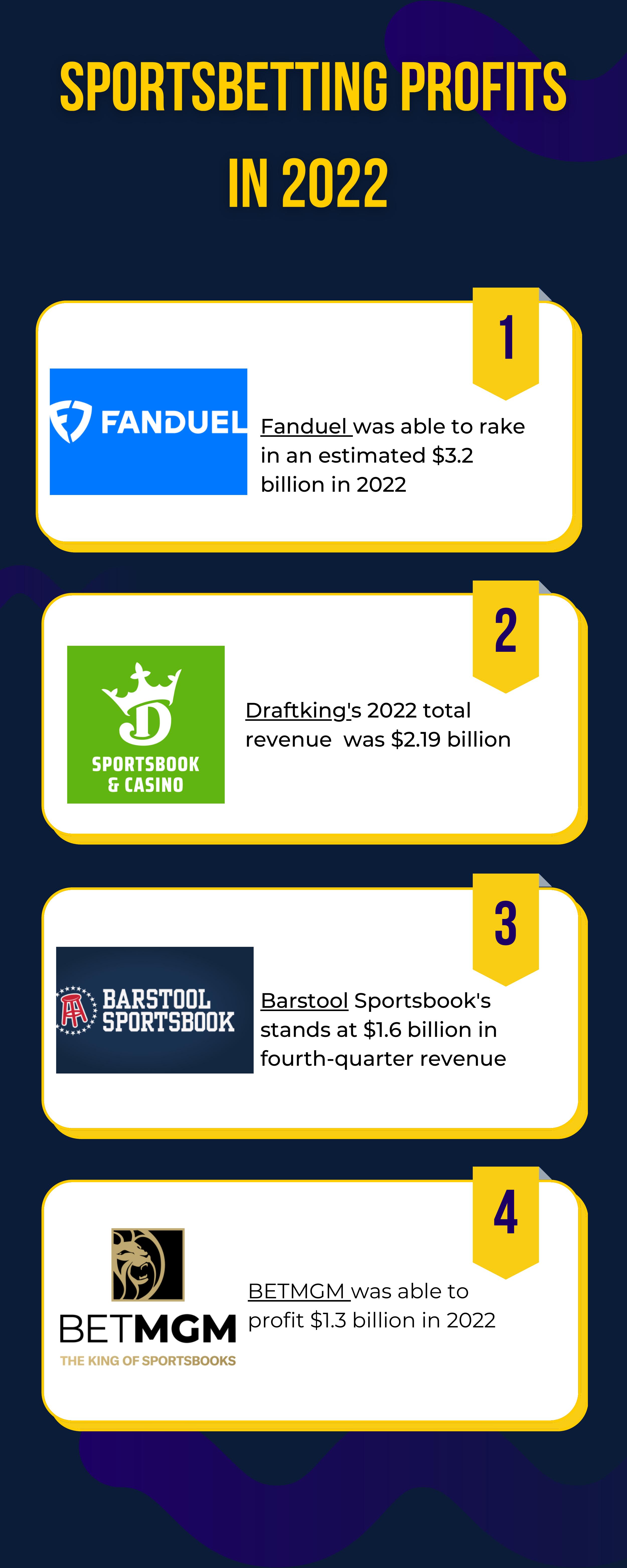The gambling industry can make or break a person. Some find themselves successful when putting their money on the line, others, not so much. It’s a risk they take to reap the rewards; high risk, high reward.
An article on the Mayo Clinic’s website describes compulsive gambling, or gambling disorder, as an uncontrollable urge to continue gambling despite the toll it takes on one’s life.
Defining a gambling addiction
Assistant professor of psychology Dr. Christopher Holland said, “Gambling addiction was defined in the most recent version of the DSM, the DSM-5, which is the diagnostic manual that clinicians in the United States use in order to define things like tobacco addiction, alcohol addiction, various flavors of addiction.”

The DSM-5 Diagnostic Criteria: Gambling Disorder defines a gambling disorder as “a persistent and recurrent troublesome gambling behavior that leads to clinically significant impairment or distress. An individual showing four or more [behaviors] in a 12-month period: needs to gamble with increased amounts of money in order to achieve excitement, restless or irritable when attempting to take a step back or stop gambling, repeated unsuccessful efforts controlling, stepping back, or stop gambling altogether, preoccupied with gambling, gambling when feeling distressed, ‘chasing’ losses, attempting to get even, lying to conceal the extent of involvement gambling,” and others.
Holland explained addictions are defined by some central behavior in which engaging in that behavior causes dysfunction, distress, or harm, and an individual finds themself unable to stop doing the behavior that causes them stress, dysfunction, or harm. He also said a person does not need to recognize something as an addiction for it to meet the criteria for an addiction.
“Gambling addiction’s a little different because you’re not taking a substance that’s having a direct impact on the body. However, my understanding is that some people do experience a form of withdrawal if they have experience with a gambling addiction, like an itchiness, like a strong desire, a strong compulsion to engage in a behavior, and if they don’t, they’re distracted and anxious and unhappy, which looks somewhat similar to what you would see with a drug-based addiction,” Holland said.
Holland said a vast majority of addictions are thought to occur because of the activity of the neurotransmitter Dopamine in certain parts of the brain.
“A person becomes addicted to something by engaging in the activity, right? So, a person gambles, they experience a win, it feels good, and then they continue to do it,” he said.
A bunch of factors combine to create addictions. Holland said there are some ways of thinking that everybody can get tricked into, and then there are some things that are unique to an individual. Gambling addiction can run in families just as alcoholism tends to run in families.
He also noted that problem behavior starting at younger ages, specifically under the age of 21, is more likely to lead an addiction.
Gambling but not successful
So, why do people gamble when they don’t have success? “There are a variety of reasons,” Holland said. “The first is something called the ‘gambler’s fallacy.’ So, this is a mistake that even non-addicts make.”

Holland said the gambler’s fallacy is, “when you’ve got a person who’s gambling, and they lose, and they lose, and they lose, and they lose. The more they lose, the more they become convinced that their next play will win, and that is not guaranteed to ever happen. And so, a lot of people will trick themselves essentially into continuing to play.”
Another reason is the “sunk cost fallacy.” He explained the sunk cost fallacy is when people lose money and think they can win it back. “That money is already gone. That money is gone but people treat it as like it’s not and they could get it back.”
Assistant professor of psychology Dr. Emily Slonecker said what losing bets consistently does to a person’s psyche. “If anything, it makes them feel like they have to keep persisting, because they’re like, ‘I’ll hit it big eventually.’ And on top of that, if they’re getting themselves into financial trouble then it almost becomes the more they need a really big win.”
Slonecker said it becomes a situation where people dig themselves into a hole and it’s really challenging to get out, and potentially the more they lose the more they see their only option of getting out is continuing to invest.
Resources for help
A resource for help that gambling addicts may look to is Gamblers Anonymous.
David Tav, a counselor at Gamblers Anonymous explained their mission, “Gamblers Anonymous is an organization helping compulsive gamblers.”
Tav said the organization holds weekly meetings all over the U.S. They get together with those struggling with a gambling addiction, those struggling share their problems that they had when they were gambling.
Tav said a gambling addict’s personality drives them to gamble. “It is a compulsive addiction, and once they start they can’t stop.” He explained it’s difficult for a gambling addict to quit gambling because they can’t help it. It’s an excessive, compulsive disease.
Gamblers Anonymous in the state of Pennsylvania can be reached at the Delaware Valley Intergroup Hotline Number: 855-2CALLGA.
There are other options for help if someone is experiencing a gambling addiction.
The PA Gambling Addiction 24-hour hotline is available at 1-800-GAMBLER. Another option is the National Problem Gambling Helpline available at 1-800-522-4700.




